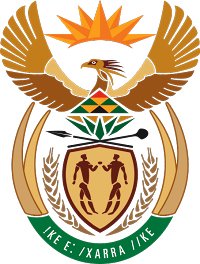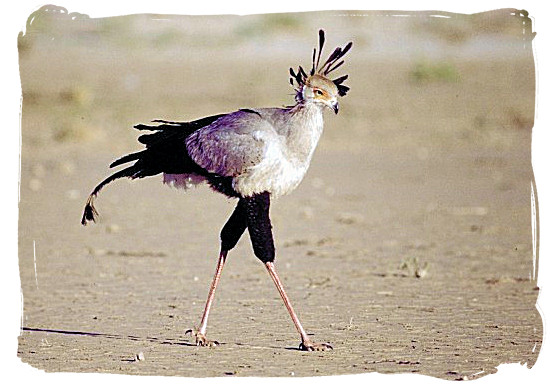You are here:
-
Home
›
-
Culture in South Africa
›
-
National symbols of South Africa
›
-
South African coat of arms
The South African Coat of Arms,
illustrating South Africa's hopes and aspirations
The new South African Coat of Arms was launched on
Freedom Day, 27 April 2000.
A national Coat of Arms, or state emblem, is the highest visual symbol of a country.
In South Africa the Coat of arms is also a central part of the Great seal, the country’s supreme
emblem of sovereignty, representing the authority of the Head of State.
Traditionally, a national coat of arms consists of elements and symbols that are a representative
of a country’s culture and its people. Examples are flora and fauna, cultural symbols or artifacts,
natural phenomena or a motto, to name but a few. South Africa’s new Coat of Arms highlights its
change to true democracy and a new sense of patriotism.

South African Coat of Arms
National symbols of South Africa
But a Coat of Arms is more than just a visual reflection of a country’s different aspects. It carries much greater significance
when it becomes the mission statement of that country, a graphic illustration of its hopes and aspirations. This more abstract
symbolism is to be found in the design and symbolism of the new Coat of Arms of South Africa.
A focal point of the coat of arms is the indigenous secretary bird with its uplifted wings, crowned with an image of the rising sun.
The sun symbolises a life-giving force, and represents the flight of darkness and the triumph of discovery, knowledge and understanding
of things that have been hidden. It also illuminates the new life that is coming into being.

The Secretary Bird appears on the South African Coat of Arms
An indigenous South African flower, the Protea, is placed below the bird. It represents beauty, the aesthetic harmony of the
different cultures, and South Africa flowering as a nation. The ears of wheat symbolise the fertility of the land, while the
tusks of the African elephant, depicted in pairs to represent men and women, also represent wisdom, steadfastness and strength.
Its upper part is a shield imaginatively represented by the Protea. Contained within the shield are some of the earliest representations
of humanity. Those depicted were the very first inhabitants of the land, namely the Khoisan people. These figures are derived from
images on the Linton Stone, a world-famous example of South African rock art.
The motto on the coat of arms,
"!ke e:/xarra//ke", written in the Khoisan language of
the /Xam people, means
"diverse people unite" or
"people who are
different joining together".
Top of Page
-
Home
›
-
Culture in South Africa
›
-
National symbols of South Africa
›
-
South African coat of arms

